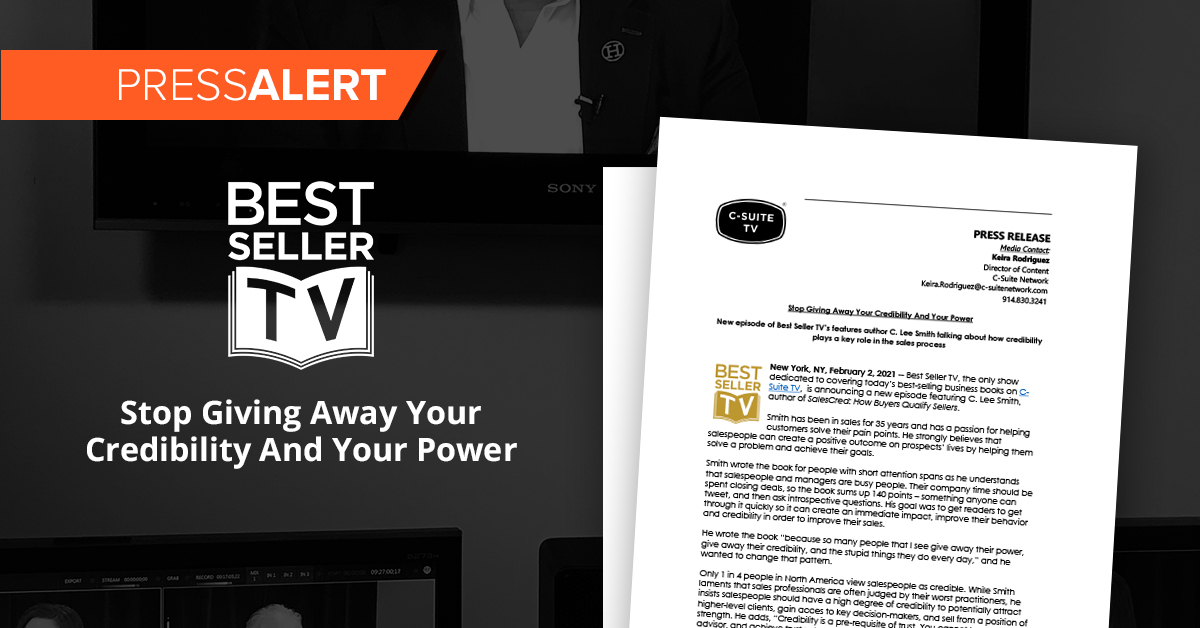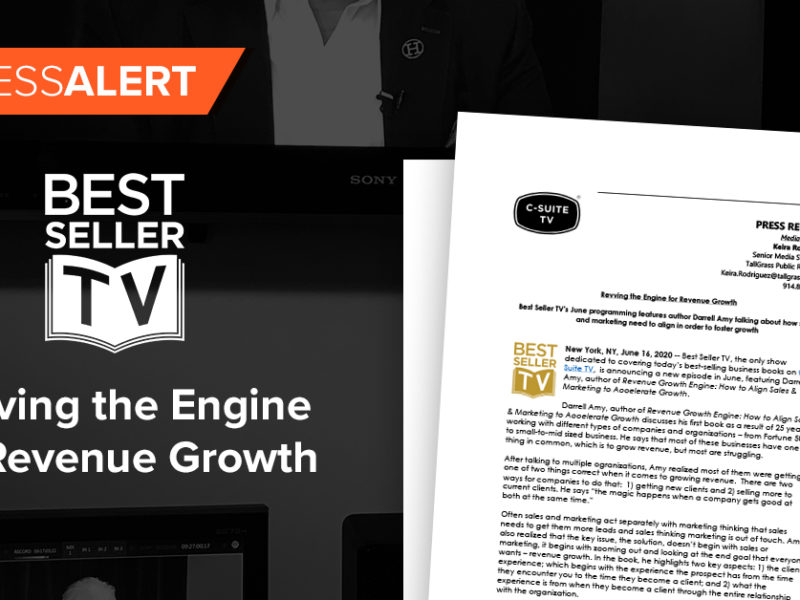
4 Corporate Video Mistakes to Avoid
4 Corporate Video Mistakes to Avoid https://csuiteold.c-suitenetwork.com/wp-content/uploads/2015/03/4903248142_52b127e0bb_z.jpg 640 429 C-Suite Network https://csuiteold.c-suitenetwork.com/wp-content/uploads/2015/03/4903248142_52b127e0bb_z.jpgby Willis Turner
Not everyone is a film-maker, but everyone has opinions on film-making. Here’s some of the common things we’ve heard come from around the boardroom table when it comes to producing corporate films.
1. “Don’t worry about the length.”
Actually, you should. One of the most common mistakes in corporate video production is making the run-time too long. The ideal length you should shoot for is two to three minutes — that’s the perfect amount of time to build a compelling, focused message for virtually any product or service, without overstaying your welcome.
You might have a complicated and content-rich story to tell, but packing more messages into your video won’t necessarily make it more effective. Audience attention spans are notoriously short in the digital age. Use the discipline of a shorter run-time to hold your audience and help distill your messaging.
2. “Let’s do a viral video.”
No one can predict what special alignment of planets is necessary for a video to go viral. The fact is, they are variables that are out of your control, so don’t make a million hits your business objective, or you will most likely be disappointed. Quality will always trump quantity in the corporate film world.
This isn’t a cute baby or cat video we’re talking about — it’s a business message intended to create action. Set reasonable viewership targets, and allow sufficient time for your film to be properly seen, recommended and linked to. Get your story right, execute it well, and the numbers — and eyeballs — will follow.
3. “It’s just our people talking, so we don’t need a script.”
Regardless if you are producing a video in documentary style, using interviews with real people, you most definitely still need to have a proper script or creative outline to guide your production. Even a short, simple video will require you to make dozens, even hundreds, of creative choices. Where should we shoot the interview? What should our talent wear? What kind of background music should we use? Should we have background music at all? A proper script or outline can help you make all these decisions.
Take the time to describe your idea on paper. What is the main message you want people to take away? Do a proper outline of how you see the copy flow and edit working. Prepare a proper shot list. Don’t be lazy or leave things to chance on shoot day. The more pre-production work you do in advance, the better your shoot and post-production will follow.
4. “Let’s do it ourselves.”
Sure, you can write, direct, shoot and edit a video yourself. You might even get lucky and have a finished result that sounds and looks pretty good. Now all you have to worry about is getting the proper codecs, streaming bit rates, aspect ratios and screen resolutions worked out to make sure your film plays properly online.
But technical production issues aside, the question isn’t whether or not you can produce a corporate film yourself, it’s whether or not you should. Will your brand or company image suffer irreparable harm if you decide to DIY your annual sales video? Probably not. The issue is the potential opportunity cost you might lose in deciding to save money by keeping the job inside.
The biggest thing a film production company can offer you isn’t just technical competence — it’s helping you create a selling idea that just happens to be delivered in film form. That’s the difference between 3 minutes of pretty pictures and 3 minutes of deliberate, strategic, persuasive storytelling.
One last thing to consider is that video production is very time-intensive. If you do elect to manage the production yourself, it will be a full-time job for several weeks for at least one or two people. In the final analysis, the cost you think you might be saving by doing it yourself may ultimately turn out to be more.
*This post originally appeared at SMEI.org.
 Willis Turner, CAE CME CSE, has gained international recognition for spearheading global membership engagement and professional certification growth as the President & CEO of U.S.-based Sales & Marketing Executives International (SMEI). Willis is also founder and CEO of Old Clayburn Marketing & Management Services Inc., a full-service association management firm. As a writer and speaker on professional certification, business ethics and leading edge sales and marketing topics, Willis leverages his worldwide business travel experiences to convey an informative and motivating message to his audiences. Willis serves on the National Advisory Board for DECA Inc. He has taught Sales Management at the University of British Columbia, Sauder School of Business. He resides near Vancouver, British Columbia, Canada with his wife of 30 years. Follow Willis on Twitter: @willisturner.
Willis Turner, CAE CME CSE, has gained international recognition for spearheading global membership engagement and professional certification growth as the President & CEO of U.S.-based Sales & Marketing Executives International (SMEI). Willis is also founder and CEO of Old Clayburn Marketing & Management Services Inc., a full-service association management firm. As a writer and speaker on professional certification, business ethics and leading edge sales and marketing topics, Willis leverages his worldwide business travel experiences to convey an informative and motivating message to his audiences. Willis serves on the National Advisory Board for DECA Inc. He has taught Sales Management at the University of British Columbia, Sauder School of Business. He resides near Vancouver, British Columbia, Canada with his wife of 30 years. Follow Willis on Twitter: @willisturner.




